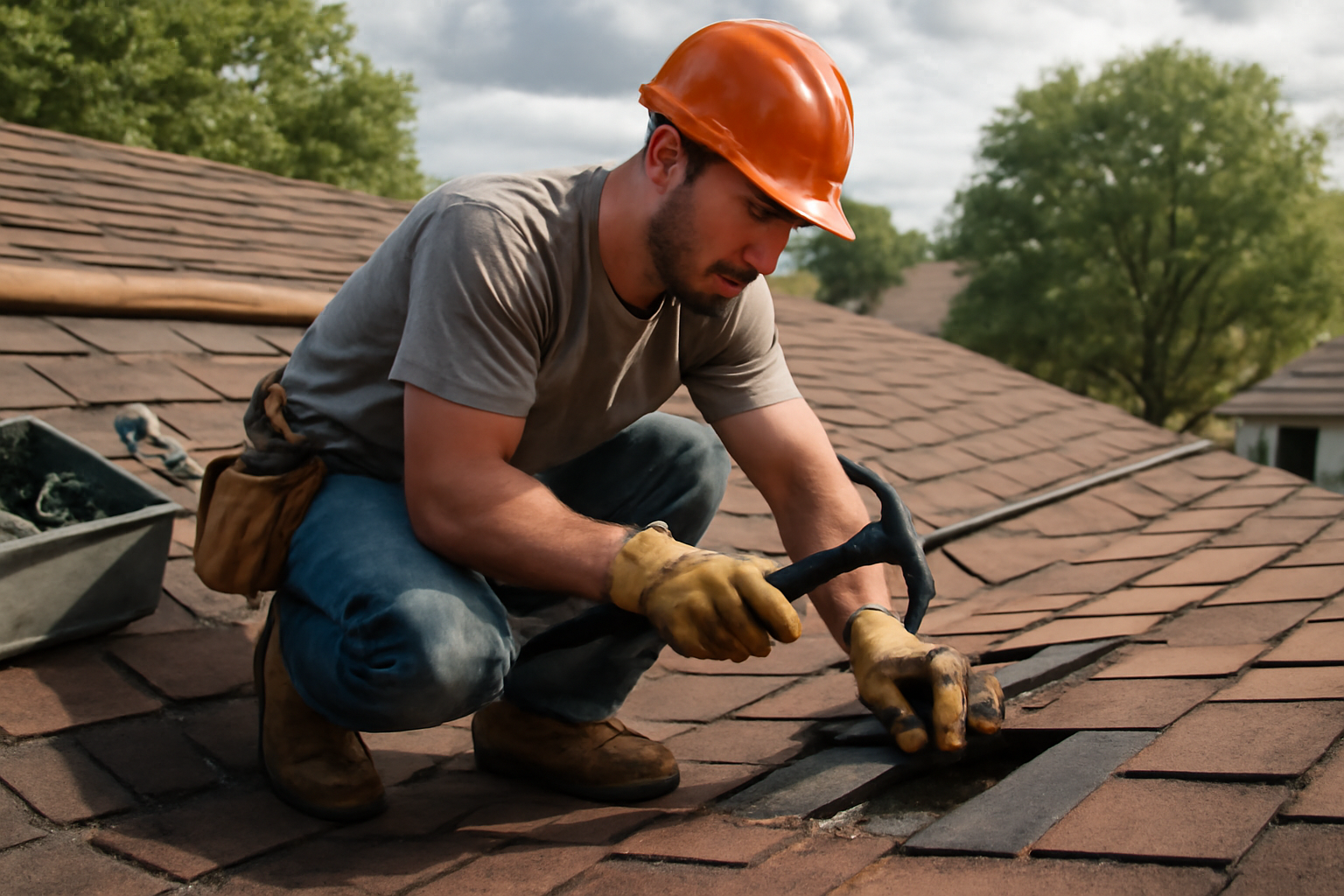As seniors age, maintaining a home can become increasingly challenging. One of the most significant concerns for many is ensuring their homes remain safe and habitable, which includes keeping the roof in good repair. Unfortunately, roof repairs can be expensive, and many seniors live on a fixed income. Luckily, there are various grants and assistance programs available to help seniors with the costs associated with roof repair.
Understanding the Importance of Roof Maintenance for Seniors
The roof is an integral part of any home, serving as the first line of defense against the elements. For seniors, a well-maintained roof safeguards their health and enhances the quality of living by ensuring indoor spaces remain dry and comfortable. Neglecting roof repairs can lead to severe issues, such as water damage, mold growth, and increased energy bills due to improper insulation.

Consequently, it's crucial for seniors to proactively manage roof maintenance, ensuring repairs are conducted as soon as problems are identified. However, given the high cost of roofing repairs, many seniors require financial support to carry out necessary maintenance work.
Grant Programs for Senior Roof Repair
1. The U.S. Department of Agriculture (USDA) Single Family Housing Repair Loans & Grants
Commonly known as the Section 504 Home Repair program, this federal initiative offers loans and grants to low-income homeowners to improve and modernize their homes. For seniors aged 62 or older who are unable to repay a loan, grants of up to $10,000 are available to remove health and safety hazards.
Eligibility for this program typically requires homeowners to occupy the residence and to demonstrate the inability to repay a repair loan. For more information on how to apply, visit the USDA official site.
2. The Low-Income Home Energy Assistance Program (LIHEAP)
While primarily designed to assist with energy costs, LIHEAP sometimes offers emergency repair programs, including assistance for roof repair. Availability varies by state, but these programs prioritize interventions that make homes safer and more weather-efficient.
Find out more about state-specific programs through LIHEAP’s webpage.
3. State and Local Government Programs
Many states and local governments have programs in place to assist seniors with home repairs. These programs can take the form of grants, low-interest loans, or a combination of both. The eligibility criteria and the amount of financial assistance available can vary significantly.
To find programs specific to your area, consider reaching out to local community centers, senior services agencies, or municipal offices. The U.S. Department of Housing and Urban Development's (HUD) state pages can also direct homeowners to local resources.
Non-Profit Organizations Offering Support
1. Habitat for Humanity
Habitat for Humanity often provides home repair services, including roof repairs, through its A Brush with Kindness program. This initiative focuses on helping low-income homeowners maintain their homes, ensuring they remain safe, and preventing larger, costlier issues down the line.
2. Rebuilding Together
Rebuilding Together offers critical home repair services to those in need, focusing on ensuring the safety and health of homeowners. Their Safe at Home program can help with essential repairs, including roofing.
Both organizations have local affiliates; therefore, seniors should contact the nearest branch to inquire about eligibility and application processes. Explore Habitat for Humanity and Rebuilding Together for more details.
Conclusion
Maintaining a safe, secure home is essential for the well-being of seniors, and roof repairs play a critical role in this effort. While the cost of such repairs can be prohibitive, various grants and assistance programs are available to alleviate the financial burden. By exploring programs at the federal, state, and local levels, as well as resources offered by non-profits, seniors can find the help they need to ensure their homes remain comfortable and secure.
With a range of options available, seniors and their families are encouraged to research and apply for these programs, ensuring a healthier living environment that can significantly enhance quality of life during retirement years.

